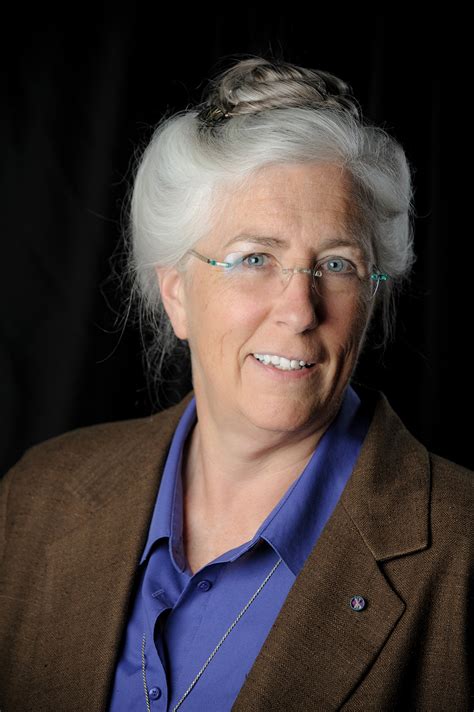A Quote by Edward Bellamy
Human history, like all great movements, was cyclical, and returned to the point of beginning. The idea of indefinite progress in a right line was a chimera of the imagination, with no analogue in nature. The parabola of a comet was perhaps a yet better illustration of the career of humanity. Tending upward and sunward from the aphelion of barbarism, the race attained the perihelion of civilization only to plunge downward once more to its nether goal in the regions of chaos.
Quote Topics
Analogue
Attained
Barbarism
Beginning
Better
Career
Chaos
Chimera
Civilization
Comet
Cyclical
Downward
Goal
Great
History
Human
Human History
Humanity
Idea
Illustration
Imagination
Indefinite
Like
Line
More
Movements
Nature
Once
Once More
Only
Parabola
Perhaps
Plunge
Point
Progress
Race
Regions
Returned
Right
Tending
Upward
Related Quotes
One of the most dangerous errors is that civilization is automatically bound to increase and spread. The lesson of history is the opposite; civilization is a rarity, attained with difficulty and easily lost. The normal state of humanity is barbarism, just as the normal surface of the planet is salt water. Land looms large in our imagination and civilization in history books, only because sea and savagery are to us less interesting.
The world has always needed human beings who refuse to believe that history is nothing but a dull, monstrous selfrepetition, a selfperpetuating, meaningless game, only varied in outer garb, who cannot be converted from their conviction that history signifies progress in morality, that our race is ascending on an invisible ladder from an animal nature towards divinity, from brutal violence to the wisely ordering intellect, and that the ultimate stage of complete understanding is already close at hand, indeed has almost been attained.
The human species does not necessarily move in stages from progress to progress ... history and civilization do not advance in tandem. From the stagnation of Medieval Europe to the decline and chaos in recent times on the mainland of Asia and to the catastrophes of two world wars in the twentieth century, the methods of killing people became increasingly sophisticated. Scientific and technological progress certainly does not imply that humankind as a result becomes more civilized.
Without poets, without artists, men would soon weary of nature's monotony. The sublime idea men have of the universe would collapse with dizzying speed. The order which we find in nature, and which is only an effect of art, would at once vanish. Everything would break up in chaos. There would be no seasons, no civilization, no thought, no humanity; even life would give way, and the impotent void would reign everywhere.
The profound nature of our existence is that we are able at any moment to connect to anyone, anywhere. History is there to remind us of how far weve come, and every day our journey is to continue with that progress of becoming more wise, more compassionate and more considerate human beings. Remembering Emmett though song is way to remind people that there is no need to continue with senseless crimes. Race and racism do no go hand in hand. We are only one race: human.
Friedrich Engels once said: "Bourgeois society stands at the crossroads, either transition to socialism or regression into barbarism." What does "regression into barbarism" mean to our lofty European civilization? Until now, we have all probably read and repeated these words thoughtlessly, without suspecting their fearsome seriousness. A look around us at this moment shows what the regression of bourgeois society into barbarism means. This world war is a regression into barbarism. The triumph of imperialism leads to the annihilation of civilization.
I became, in other words, more like Holmes than the man himself: brilliant, driven to a point of obsession, careless of myself, mindless of others, but without the passion and the deep-down, inbred love for the good in humanity that was the basis of his entire career. He loved the humanity that could not understand or fully accept him; I, in the midst of the same human race, became a thinking machine.
It is a very great mistake, and a very common one, even for well-read persons, to adopt the idea that the progress of the human race in the science of government, in the arts of civilization and refinement, and in the establishment of morality and religion, has been constantly and steadily towards improvement and perfection.
The history of science, like the history of all human ideas, is a history of irresponsible dreams, of obstinacy, and of error. But science is one of the very few human activities-perhaps the only one-in which errors are systematically criticized and fairly often, in time, corrected. This is why we can say that, in science, we often learn from our mistakes, and why we can speak clearly and sensibly about making progress there. In most other fields of human endeavour there is change, but rarely progress ... And in most fields we do not even know how to evaluate change.
Man must choose either of the two courses, the upward or the downward; but as he has the brute in him, he will more easily choose the downward course than the upward, especially when the downward course is presented to him in a beautiful garb. Man easily capitulates when sin is presented in the garb of virtue.
Liberalism is fundamentally an ideology of liberation that has throughout history risen in protest against the totalitarian and anti-human movements of various kinds, such as communism and nazism. It is therefore natural that the Progress Party with its liberal base once again stands first in the line and takes up the fight when a new fascist ideology as Islamism is spreading throughout the world.
The history of scientific and technical discovery teaches us that the human race is poor in independent and creative imagination. Even when the external and scientific requirements for the birth of an idea have long been there, it generally needs an external stimulus to make it actually happen; man has, so to speak, to stumble right up against the thing before the idea comes.



































